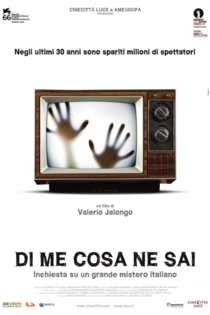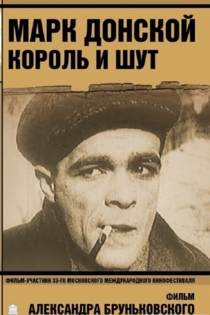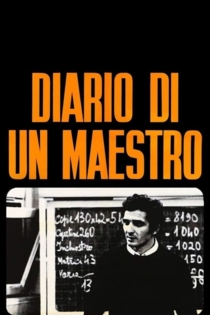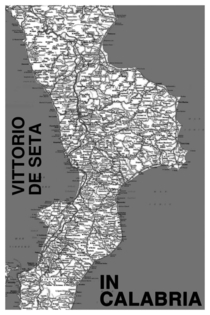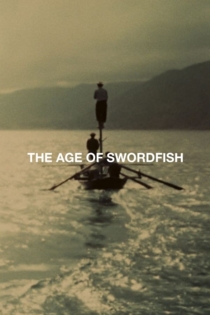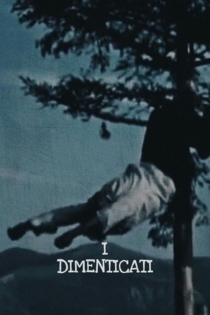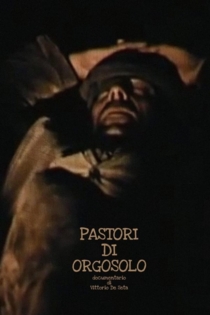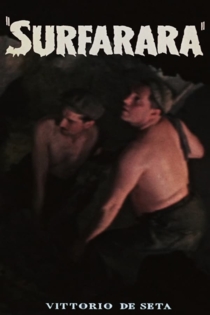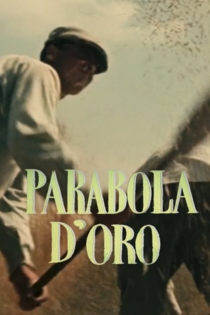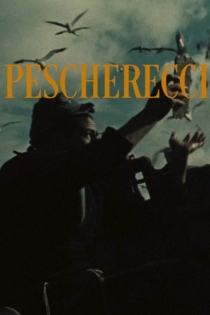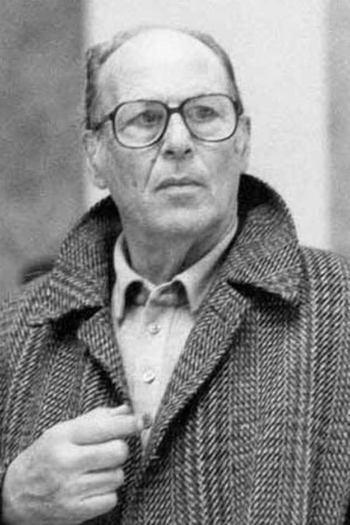
Vittorio De Seta
1923 - 2011His early documentaries focus on the everyday life of many of Sicily's poorest workers, and are notable for their lack of voice-over narration, quiet mood, and striking color.
Il mondo perduto
Vittorio De Seta
"Il mondo perduto" collects six documentaries that Vittorio De Seta shot in 1954 in Sicily and four other important short films that he directed between 1958 and 1959 in Sardinia and Calabria. De Seta always turns his eye to realities already then threatened by "development without progress", giving a precious testimony of rituals, customs and knowledge that have now disappeared. Thanks to the contribution of the Cineteca di Bologna and Martin Scorsese, who called De Seta "an anthropologist who expresses himself with the voice of a poet", all these works have been digitized.
The Lost World
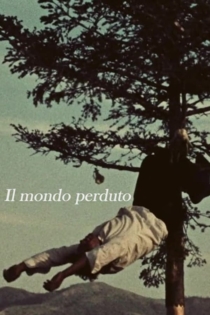
Bandits of Orgosolo
Vittorio De Seta
Michele Cossu, Peppeddu Cuccu
A Sardinian peasant is implicated in the murder of a policeman and, although innocent, he doesn’t give himself up, lacking faith in the judicial system and fearing that he may lose his sheep while awaiting trial. He leaves for the mountains with his brother but life is difficult and his flock dies. Returning to the town he discovers his family in abject poverty. He procures a gun and, forced by his social predicament, resorts to banditry.
Bandits of Orgosolo
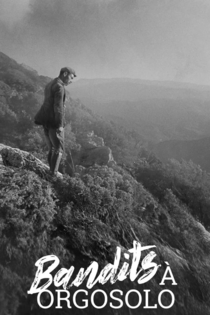
Isole di fuoco
Vittorio De Seta
The first light of dawn. The sound of a boat and the screech of birds fill the wide expanse of sea. Black rocks emerge from the water, the “sciara” – the volcanic scoria – of Stromboli, the underwater sulfurous emanations, the layers of reddish rock eroded by the sea. The roar of the volcano can be heard, the flames and the liquid lava are thrown skyward. As nature unleashes itself, the fishermen row toward the shore, the sheep stray and the women return home.
Islands of Fire
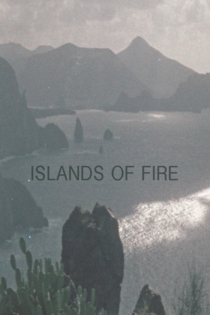
Contadini del mare
Vittorio De Seta
Sicily, Granitola, 1955. At the first light of dawn, the fishermen set out in their boats for open water, timing the rhythm of their oars to murmured chants. They set their nets in the sea, regulate the cords, organize the boats in a square. The men’s work becomes increasingly harder as the tuna are hoisted onto the boats, wriggling, beating their tails until death arrives and the water is tinged with blood.
Sea Countrymen
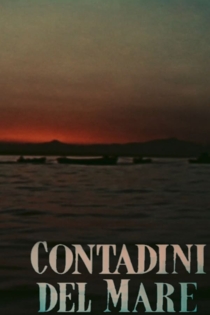
Un giorno in Barbagia
Vittorio De Seta
Against the background of flocks of sheep at pasture, mules walking down unpaved roads, tractors in the fields, and isolated figures in a deserted village, a caption explains that Barbagia is a vast region in Sardinia; Orgosolo, Oliena and Manoiana are villages of shepherds and the men spend most of the year far away, with their flocks. This is why the houses and the children are entrusted to the women, who cut the wood, work the fields and prepare bread, shepherds’ bread.
A Day in Barbagia
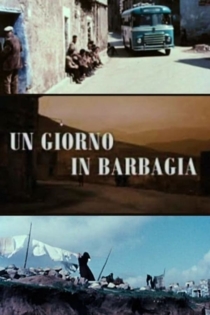
Un uomo a metà
Vittorio De Seta
Jacques Perrin, Lea Padovani
A young writer descends into madness. Alienated, neurotic, and plagued by guilt, Michele retreats from reality, loses interest in work, and comes to the brink of suicide before being sent to an asylum for shock therapy. Escaping from the asylum, Michele returns to his boyhood home, where he learns the reasons for his present mental state.
Almost a Man
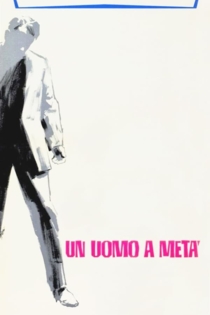
Di me cosa ne sai
Valerio Jalongo
Roberto Andò, Francesca Archibugi
Until the 1970s, Italian cinema dominated the international scene, even competing with Hollywood. Then, in just a few years, came its rapid decline, the flight of our greatest producers, a crisis among the best writer-directors, the collapse of production. But what are the true causes and circumstances of this decline? In an attempt to provide an answer to this question, Di Me Cosa Ne Sai strives to depict this great cultural change. Begun as a loving examination of Italian cinema, the film transformed into a docu-drama that alternates between interviews with the great names of the past and fragments of cultural and political life of the last 30 years. It is a travel diary that shows Italy from north to south, through movie theatres; television-addicted kids; Berlusconi and Fellini; shopping centers; TV news editors; stories of impassioned film exhibitors and directors who fight for their films; and interviews with itinerant projectionists and great European directors.
What Do You Know About Me
